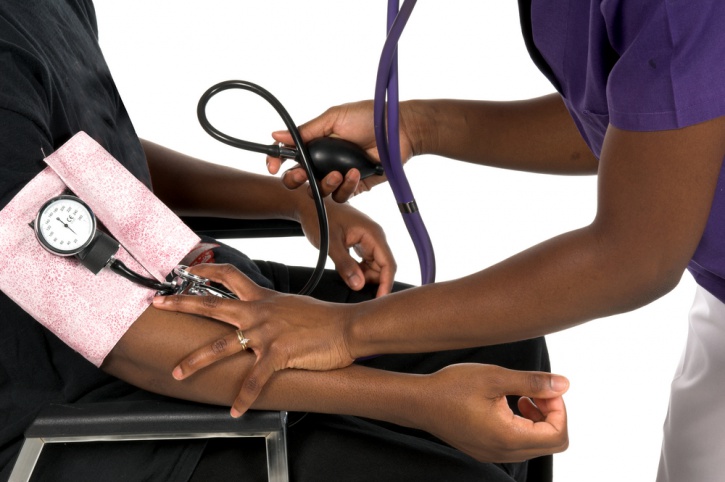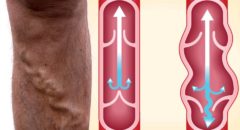
Many people are not aware that, in addition to other functions of the body, thyroid conditions can affect blood pressure as well.
How can you tell if your thyroid is affecting your blood pressure? What will your doctor need to know? What lifestyle changes, if any, do you need to make? Can medications help the problem? What options are right for you?
RELATED: 7 Simple Ways To Naturally Lower High Blood Pressure
Q: Dear Dr. Riley,
Please suggest a blood pressure drug for some one who has had a thyroidectomy. My blood pressure remains around 140/80 and I have high cholesterol. I exercise at least six days a week by walking for more than 30 minutes and using weights at the Y for 30 minutes. Nothing my doctor has been effectively keeping my blood pressure within so-called normal limits. Thanking you in advance for your time and attention. I’m not sure if it matters, but I am Black and female.
A: If the thyroid levels in the body are too high or too low, it can cause an increase in blood pressure. That being said, it’s important to manage both conditions, by first checking to make sure that thyroid levels are in normal range, which will then help stabilize the blood pressure. Lifestyle changes, including diet and exercise are also important to help reduce both blood pressure and cholesterol levels.
It’s difficult to recommend one particular antihypertensive medication because there are literally dozens on the market. If one particular medication does not seem to be lowering the blood pressure adequately, the dose may have to be increased to see if that helps. If not, the doctor may have to prescribe a different medication, or even a combination of drugs. There are several different classes of drugs used to treat hypertension, including diuretics, ACE inhibitors, angiotensin II receptor blockers (ARBs), beta blockers, calcium channel blockers, vasodilators, and direct rennin inhibitors. Each of those medications works differently in the body to help control blood pressure, and within each of those categories, there are several different drugs.
You should check with your physician about exploring which options may be right for you. Sometimes it takes a bit of trial and error to find the medication that’s right for you.
By Dr. Crystal Riley, BDO Pharmacy Expert
A graduate of the Howard University School of Pharmacy, Dr. Crystal A. Riley has spent the majority of her career involved in drug information services for not only healthcare organizations and practitioners, practitioners, but for patients as well. While her career has shifted towards researching healthcare policy and quality standards, Dr. Riley still actively seeks opportunities to keep patients informed and aware of medication-related issues to help improve their overall quality of life.








